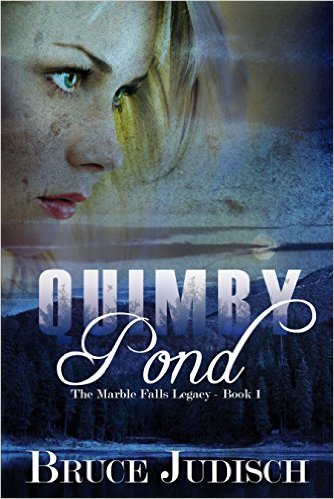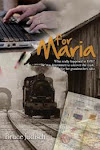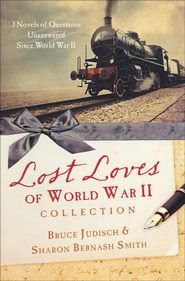(Click cover for more information)
FBI Special Agent Raleigh Harmon is back in Richmond, and it's about time.
In The Clouds Roll Away, our intrepid forensic geologist turned special agent finds herself once again embroiled in a racially charged federal crime. And, at first blush, everything seems normal, predictable: on the surface, the notorious Ku Klux Klan is on a crusade against a hip-hop mogul who has the audacity to move into and garishly rennovate a historically sensitive plantation along the hallowed James River; on the surface, the ensuing hate-crime events intone yet another social lamentation of 'how things are' in the South, and; on the surface, our hero's best efforts are hindered by those who can't understand her and by those who simply refuse to.
But authors as accomplished as Ms. Giorello rarely spend much time on the surface.
In her previous two books, The Stones Cry Out and The Rivers Run Dry, you could sense an underlying spiritual metaphor of the human condition like a subterranean stream flowing just close enough to the surface to disturb the soil, but not dampen your feet. In Clouds, the stream splits into multiple layers and, at the just the right times, breaks the surface of the narrative like an artesian spring. Then it gently soaks back into the storyline, leaving just enough of a remnant to moisten the path. Raleigh's story has come into its own, as has the author's skill in telling it.
Example? Perhaps the widest branch of this multi-thematic stream is the Hope of the Advent Season, whose vibrant current underlies the tale and contrasts the despair we earn when we choose to ignore it. Ms. Giorello infuses the Yuletide into the story in a variety of ways that are just plain cool. Strategically placed snippets of familiar Holiday lyrics sporadically lift our minds above the dogged grit of Raleigh's world as they briefly capture her own attention. An inexplicably resurgent Christmas spirit defeats dormancy in Raleigh's mother, Nadine, who is just emotionally unstable enough that I think we're eventually going to find out how together she actually is. Then there's...oh well, enough. You just need to read this--and not only for the message, but for the sheer enjoyment of reading Sibella Giorello.
I've noted Ms. Giorello's unique writing voice before. In Clouds she has honed it to a razor's edge. The reader's thoughts of the destination are nearly forgotten amid the joy of the journey. As an author, it's hard--not to mention a bit selfishly depressing--to grasp how this much raw action, dry wit and gutty poignancy can be finessed so seamlessly into a single story. When I grow up, I'd like to be able to write like this. Until then, I'll just tap my fingers and wait for the next book–which, oh-by-the-way, is The Mountains Bow Down, due for release next year. Not soon enough.
.











